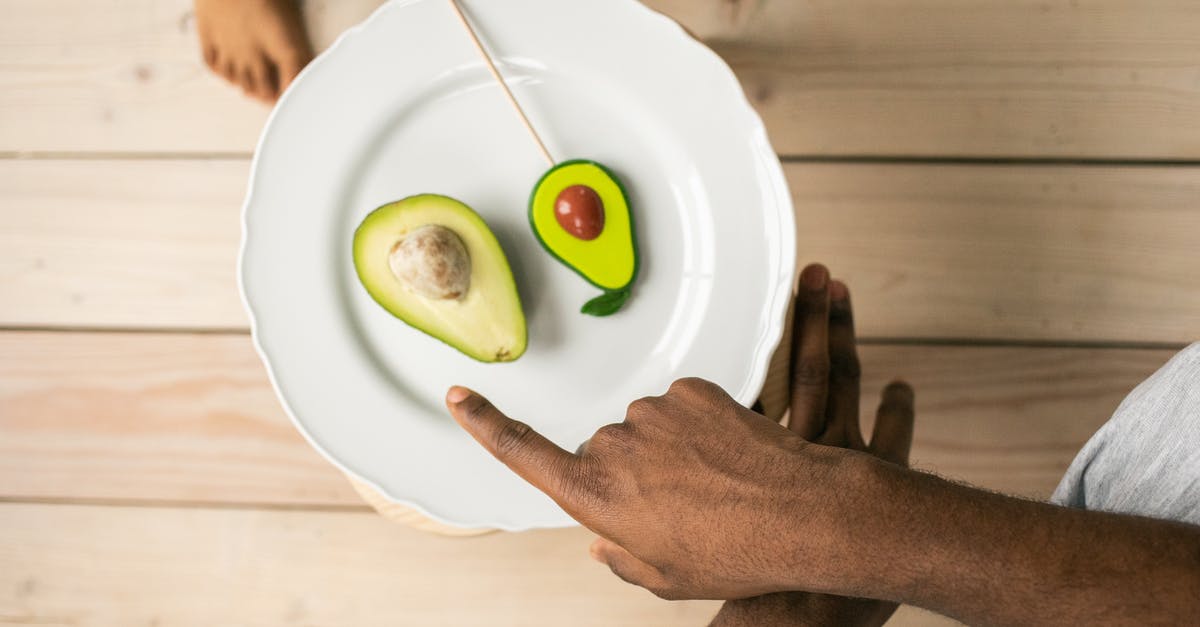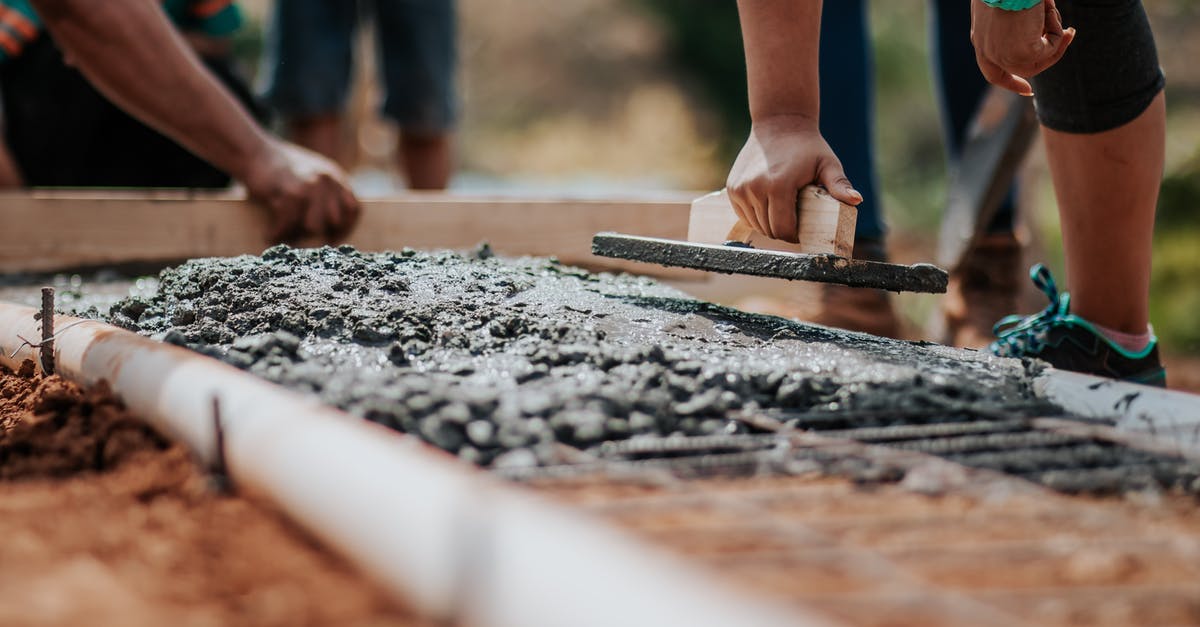Would brining help the texture/flavor of ribs?

I'm trying to get more flavor into my Memphis dry rub ribs. I'm cooking them slowly in an Applewood smoke oven, but I was also considering soaking the ribs in brine before cooking, to add flavor and moisture.
Would this have the same effect as (for example) brining poultry before roasting? If not, what effect would it have on the ribs?
Best Answer
Brining pork—especially a thin cut like ribs—before barbecuing (in the low and slow sense) is not traditional. To see why, you have to understand the functions (and myths) about brining:
It helps retain moisture. This is true. Water enters the meat cells during the brining process. Not all of this water will come out during the cooking process. Additionally, due to the third effect below (delaying the final coagulation of the proteins), less water will be squeezed out at early phases of cooking.
It seasons the meat. Absolutely true. Salt will penetrate into the meat, providing a depth of seasoning throughout the cut.
It helps keep the meat tender. This is sort of true for some cooking methods. The salt which enters the muscle fibers helps by (per Kenji Alt's Food Lab):
... dissolving some of the muscle proteins (mainly myosin). The muscle fibers loosen up, allowing them to absorb more moisture, and more importantly, they don't contract as much when they cook, making sure that more of that moisture stays in-place as the turkey cooks.
This makes it more difficult to overcook the meat to the point the proteins seize up into tight little balls (well done meat, with its characteristic tough or rubbery texture). This also helps retain moisture since less is squeezed out.
Salt helps mitigate this shrinkage
It flavors the meat (other than the seasoning from the salt). This is a myth although many on this site will vehemently disagree with me. Okay, it is sort of kind of a little true, but only in the weakest possible sense.
Any flavors that penetrate the meat due so at a pace of about 2-3 millimeters per day, which is trivial. Flavors are big molecules, and don't cross cell walls. At the small scale, muscle tissue is essentially a big bunch of straws (the cells) with essentially no inter-cellular room for brine to penetrate. Any flavors in the brine are left at the surface for all practical purposes.
And there are some downsides of brining:
Added water weight reduces flavor. Its simple, more weight of water means less flavor, simply through dilution.
Brining changes the texture of the meat, moving it on that spectrum towards "hammy" at the extreme end, if overdone.
So how does all of this apply to low and slow barbecue?
Moisture retention. By the very nature of barbecuing, you are going to cook the food until it is meltingly tender. All of the proteins will be fully coagulated, and at their toughest anyway! The reason barbecue is not tough is the cuts of meat chosen: they are high in connective tissue and fat. The connective tissue, a protein called collagen, converts to gelatin over the long cooking period starting when the meat hits about 170 - 180 F. This, together with the generous melted fat creates the unctuous texture of barbecue.
So brining will not help here.
Seasoning the meat. It does. However, you can apply highly flavored sauces, dry rubs, or so-called dry brines which do just as good a job, without adding to the water weight of the cut. And that water weight does what water does: reduce flavor intensity by diluting it. Literally.
Brining might help season, but not better than other methods.
Keeping the meat tender. As described above, preventing the protein from being well done is not a goal in barbecue. It is the low and slow conversion of gelatin to collagen which is the hallmark of the tender barbecue.
Brining does not help.
Adding flavor.
Its just a myth. No help to barbecue or any other cooking method.
Overall, then, I would say you are better off looking at your dry rub, your sauce, and your smoke to create flavor and enhance your ribs.
A good dry rub, with salt, applied 24 hours, will serve as a dry brine, and give you all of the benefits of brining without the drawbacks, at least insofar as they apply to this method of cooking. And it is less messy and less fussy!
One thing some advanced barbecue artisans do is inject brine or seasoning into the heart of a cut of meat using what is essentially a giant syringe. Once inside the meat, the bring will begin to act normally, but from the inside: spreading seasoning over time, and flavoring at snails pace. Since ribs are thin, this technique normally does not apply to ribs. It does however, literally, get the flavor inside the meat.
Pictures about "Would brining help the texture/flavor of ribs?"



Quick Answer about "Would brining help the texture/flavor of ribs?"
Brining does not help. Adding flavor. Its just a myth. No help to barbecue or any other cooking method.Does brining ribs make a difference?
Soaking meats in a solution of water or other liquids, salt and sugar leads to incredibly moist cooked meats and poultry. The process, called brining, requires advanced preparation, but is usually worth the wait. Brining these ribs overnight makes them extra moist, but the step can be eliminated if time is short.Should you brine your ribs?
Brining, or the process of exposing meat to a salt solution before cooking, is a process designed to promote tenderness and moisture. It also imparts flavor, though this isn't the main objective. Since ribs are naturally juicy when they're cooked right, brining is helpful but not necessary.Does brining affect flavor?
How Does Brining Work? Brining is the process of submerging a cut of meat into a solution of salt and water. It adds flavor, seasoning from the inside out, but it also changes the meat's physical nature.Should you marinate or brine ribs?
Brine the ribs for at least 4 hours and up to 24 hours. Again, it's not necessary to brine or marinate ribs. You can simply season a rack of ribs with kosher salt and freshly ground black pepper, smoke them low and slow, and slather on your favorite style of barbecue sauce when you're done.Brine-Boiled Pork Ribs - From the Test Kitchen
Sources: Stack Exchange - This article follows the attribution requirements of Stack Exchange and is licensed under CC BY-SA 3.0.
Images: Monstera, lalesh aldarwish, Rodolfo Quirós, Matthias Zomer
